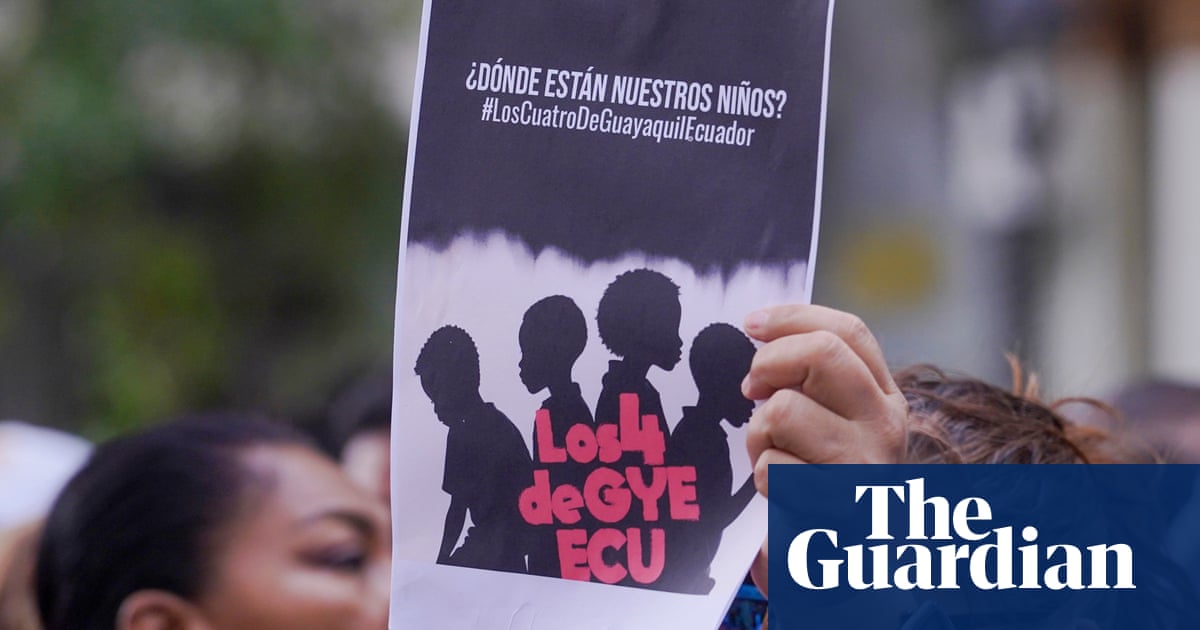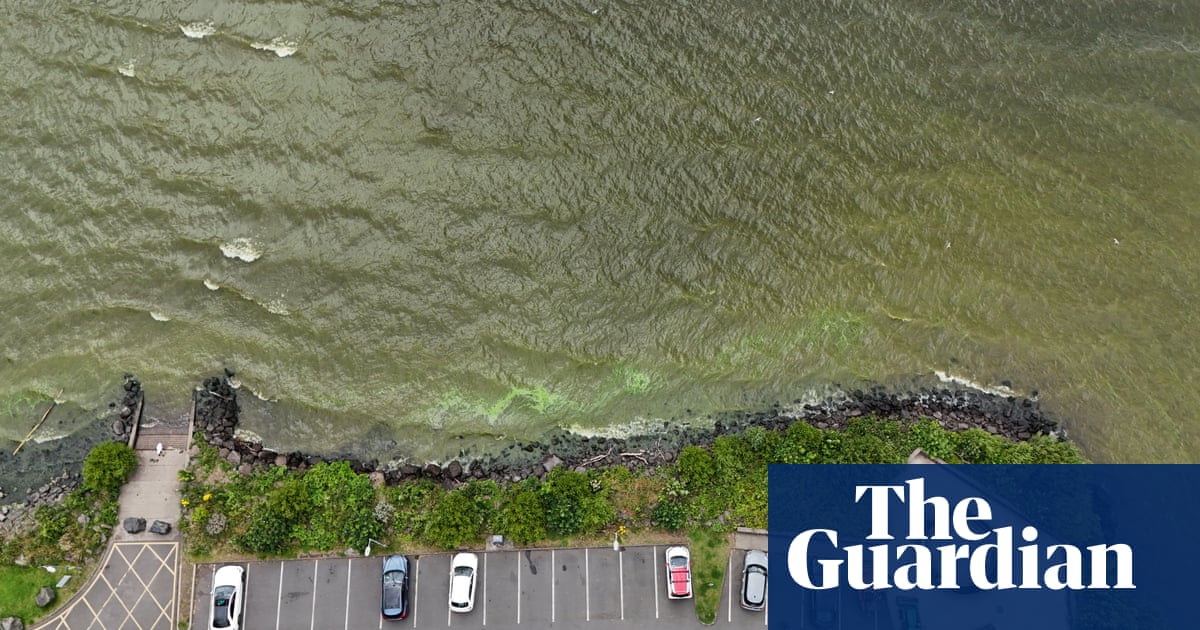Keir Starmer has opened the door to non-financial reparations for the UK’s role in the transatlantic enslavement, as he came under pressure from Commonwealth leaders to engage in a “meaningful, truthful and respectful” conversation about Britain’s past.
While Downing Street insists that the wider issue of reparations is “not on the agenda” of this week’s Commonwealth heads of government (Chogm) gathering in Samoa, No 10 has accepted it is likely to be referenced in the end-of-summit communique.
Caribbean countries in particular have been pushing for the issue to be discussed at the summit, with some arguing that continued resistance from the UK to even begin a conversation about the issue was not sustainable.
While No 10 is still ruling out paying reparations or apologising for the UK’s role in the transatlantic slave trade, a Downing Street source indicated that the UK could support some forms of reparatory justice, such as restructuring financial institutions and providing debt relief.
“There is a general sense that these multilateral institutions give out loans to developing countries then charge large interest rates for repayments,” the source said.
The source added that reforming financial situations was something the UK often took a lead on and that this was a form of reparatory justice that would not come at a cost to UK taxpayers.
Other proposed forms of restorative justice include making a formal apology, running educational programmes, establishing cultural institutions and providing economic and public health support.
However, Downing Street has ruled out an immediate apology. Starmer told the BBC Thursday night: “Our generation can say the slave trade and the practice was abhorrent and we should talk about our history. We can’t change our history but we should certainly talk about our history.”
Pressed on whether the UK should apologise or pay reparations, the prime minister said: “An apology has already been made in relation to the slave trade, and that’s not surprising.”
But he insisted that Commonwealth countries wanted to talk about challenges for the future including climate finance and international trade.
Responding to Starmer’s decision to discuss “non-financial” reparations, the St Vincent and the Grenadines prime minister, Ralph Gonsalves – who was one of the founding leaders of the current reparations committee – stressed the importance of a reparative justice plan that addressed the enduring psychological and socioeconomic impact of slavery.
Arguing that the British had committed genocide against and traumatised both the Indigenous people and enslaved Africans in SVG, he added that while enslavers were compensated with millions at abolition, nothing was given to those who had been enslaved and oppressed.
“There was nothing for them to start with and build on – no land, no money, no training, no education,” he said. This damaging legacy of enslavement and oppression, he added, has continued to plague Caribbean nations.
Meanwhile, the Bahamas prime minister, Philip Davis, said it was time for the Commonwealth to seek “justice” for the brutal history of slavery, as Britain’s former colonies demanded to discuss reparations with King Charles at a key summit on Friday.
A draft of the Chogm communique leaked to the BBC said that governments, “noting calls for discussions on reparatory justice with regard to the transatlantic trade in enslaved Africans and chattel enslavement … agreed that the time has come for a meaningful, truthful and respectful conversation towards forging a common future based on equity.”
after newsletter promotion
According to the broadcaster, the communique sought to broaden the issue to include the enslavement not just across the Atlantic but in the Pacific, by saying that a majority of Commonwealth countries “share common historical experiences”.
It mentioned the practice of “blackbirding”, where Pacific islanders were kidnapped and brought to Australia where they were sold as enslaved people or cheap labour to work on plantations in Queensland. In 2021, Jack Dempsey, the then mayor of Bundaberg in Queensland, issued a formal apology for blackbirding.
Frederick Mitchell, the foreign minister of the Bahamas, said a small section about the subject was under discussion for potential inclusion in the communique.
“The single line that they’re arguing about is reparatory justice or a declaration on reparatory justice,” he told the BBC. “Seems innocuous enough to us, because really what should happen is there should be an apology and a commitment to reparations.”
Mitchell argued that the UK government needed to face up to the desire among Caricom countries, which groups 21 nations across the Caribbean and Americas, for the subject to be discussed.
“Many of the institutions in the UK have already conceded the point of apology, the British government isn’t quite there,” he said. “But, at this time, the discussion needs to be had about the history of this and the ill effects of what happened after slavery was abolished, which continue to affect our societies today.”
There was also some muted criticism from within Labour about No 10’s insistence that it was “facing forwards” rather than looking to the past.
“Of course it’s about what happened in the past, but it’s about relationships in the future and what those relationships are based on,” Harriet Harman, a party grandee and former interim Labour leader, told Sky. “And therefore, I think to say ‘that’s all in the past, let’s look to the future’ feels like a misunderstanding of what they’re actually saying.”
It comes as the Caribbean historian Sir Hilary Beckles, who chairs the Caribbean governments’ reparations body, wrote in the Guardian that global opinion had rallied to the idea that there was a case to answer for reparations.
“While imperial Britain soared to sustainable economic development and global military superpower status, the enslaved and their descendants were left to this day with enduring pain, persistent poverty and systemic suffering.”
Starmer, who arrived in the Samoan capital, Apia, on Thursday, will want to avoid any row over reparations marring a summit already lacking a series of Commonwealth leaders, including India’s Narendra Modi and South Africa’s Cyril Ramaphosa, who have instead chosen to attend a gathering in Moscow hosted by Vladimir Putin.
Even agreeing to start discussions about any form of reparations would be likely to prompt attacks on the prime minister by the Conservatives, with the support of the rightwing press.
In the Commons on Thursday, Chris Philp, the shadow leader of the house, asked his government counterpart, Lucy Powell, to confirm that it was “totally wrong to entertain discussions about reparations in relation to things that happened hundreds and hundreds of years ago”.

.png) 2 months ago
25
2 months ago
25













































